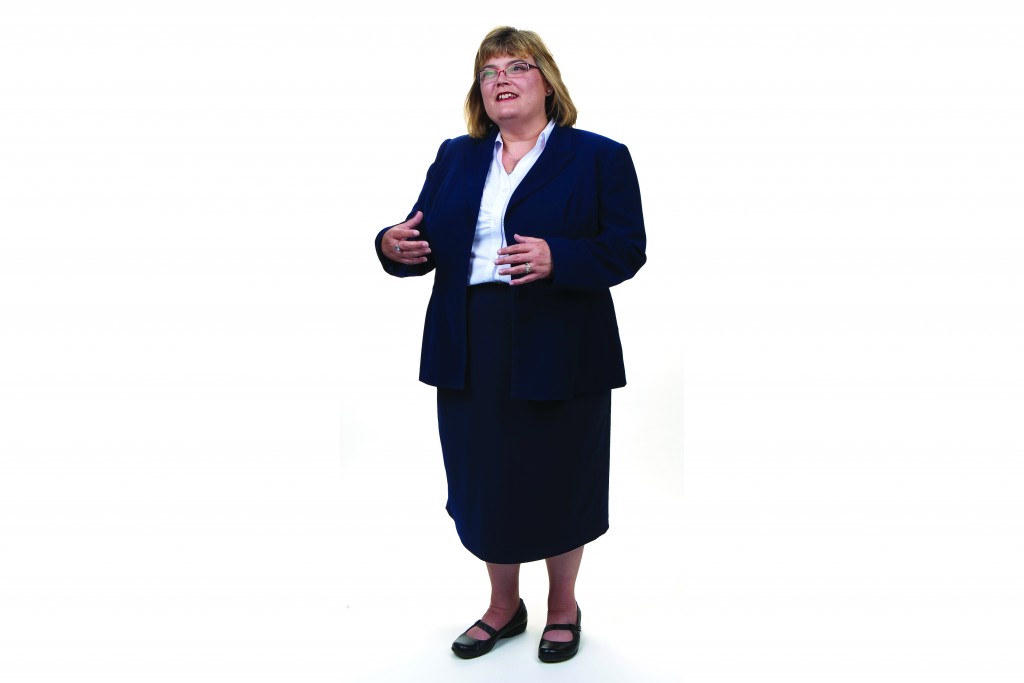Ask SmallBiz: Retirement Planning

Q. I own a small business. How do I go about planning for my retirement and for my (few) employees?
A: If you are a Hawaii small-business owner, you have a lot to think about: sales, expenses, marketing, cash flow, competition. However, by spending too much time on the issues of today, you may overlook the concerns of tomorrow. That’s why, if you haven’t already done so, you need to choose a retirement plan for your business. The right plan depends on different factors, such as how many employees you have. Here are some popular retirement plans for small businesses:
• Owner-only 401(k): Also known as an individual 401(k), it offers many of the same advantages of a traditional 401(k): a range of investment options, tax-deductible contributions and tax-deferred earnings growth. You may even be able to choose a Roth option for your 401(k), which allows you to make after-tax contributions that can grow tax free.
• Solo defined-benefit plan: You don’t have to work for a big company to participate in a traditional pension plan, also known as a defined-benefit plan. You can set one up for yourself if you’re self-employed or own your own business. This plan has high contribution limits, which are determined by an actuarial calculation, and your contributions are typically tax deductible.
• SEP IRA: If you have just a few employees or are self-employed with no employees, and looking for a low-cost, low-maintenance retirement plan, you may want to consider a SEP IRA. You’ll fund the plan with tax-deductible contributions, and you must cover all eligible employees. (Employees cannot contribute.) You can contribute up to 25 percent of compensation if you’re an employee of your own corporation, or 20 percent of income if you’re self-employed, up to $49,000 annually. And you can fund your SEP IRA with virtually any investment you choose.
• SIMPLE IRA: As its name implies, it is easy to set up and maintain, and it can be a good plan if your business has fewer than 10 employees. As the business owner, you must contribute in one of two ways: a dollar-for-dollar match of up to 3 percent of salary or a contribution of 2 percent of employees’ salaries (up to $4,900 per year). Employee contributions are tax-deductible, and your matching contributions are generally deductible as business expenses. Still, while a SIMPLE IRA may be advantageous for your employees, it’s less generous to you. It allows fewer contributions than an owner-only 401(k), a defined-benefit plan or a SEP IRA.
However, you can also make a matching contribution of up to 3 percent to yourself.
To determine which plan is best for you, consult with your tax adviser and a financial adviser who has experience with small businesses.






